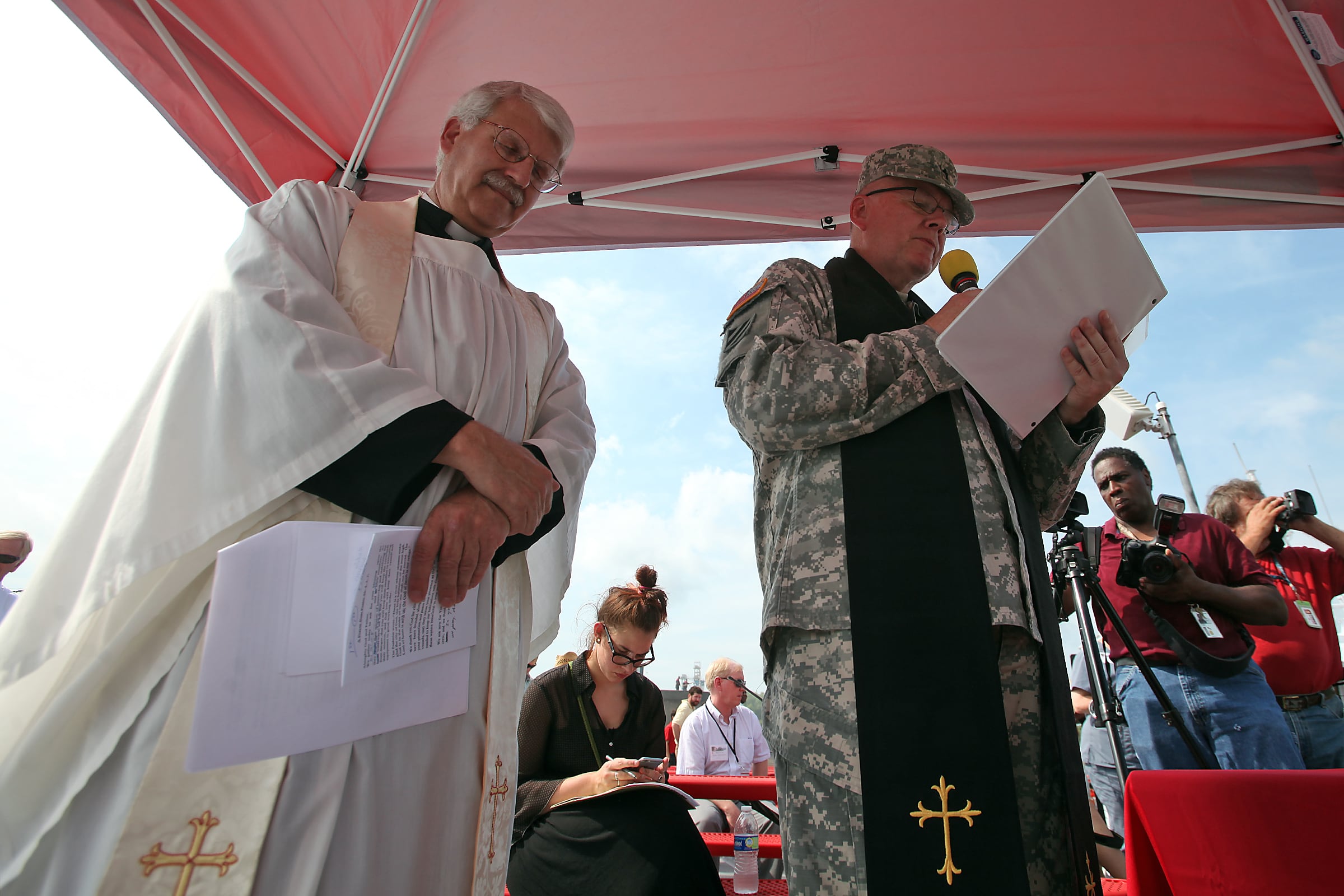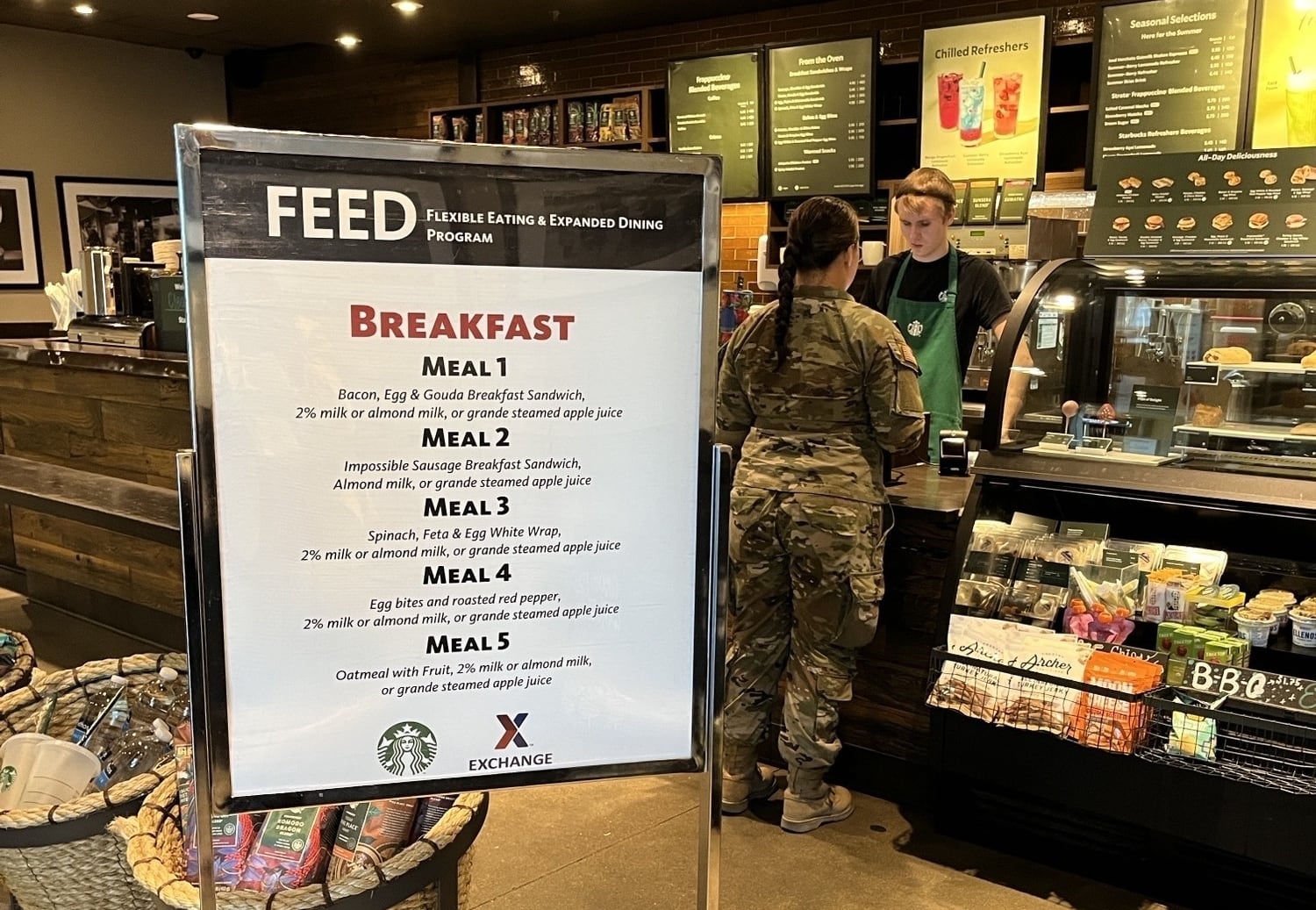More than half of veterans struggle to find work in their desired fields after leaving the military because civilian employers want experienced and educated candidates ― and often don’t realize veterans qualify, a new survey finds.
Only 17 percent of employers say veterans are viewed as strategic assets in the workplace, according to the survey, released this week by the marketing firm Edelman. And despite the large majority of veteran respondents saying they have education beyond a high school diploma, 46 percent of employers believe veterans do not pursue a college degree or vocational training.
“I think, ‘You need more education’ is code for: ‘We don’t understand you,’” said Eric Eversole, president of the U.S. Chamber of Commerce Foundation’s Hiring Our Heroes initiative. Eversole led a panel discussion on the survey’s findings in Washington, D.C., Wednesday.
He told Military Times that many companies have started to prioritize veteran recruitment, but there are still challenges at the hiring-manager level. It can be easier for employers to say, “You’re not quite the right fit,” rather than to try to understand how time and tasks done in service measure up to the job requirements.
Edelman researchers surveyed close to 5,000 service members, military spouses, veterans, nonveterans, educators and employers for the study, the group’s third annual assessment of veterans’ well-being.
Compared to last year, veterans offered better self-assessments about their employment, and employers’ perceptions of veterans’ overall well-being also improved.
“People make decisions based on perceptions all the time,” said James Schmeling, executive vice president of Student Veterans of America. “What we find out is: What they think is not very often based on fact.”
For example, 53 percent of employers surveyed said veterans do not have successful careers after the military. Yet federal employment figures show veterans reached a record-low unemployment rate in 2017 ― 3.7 percent, compared to 4.2 percent for nonveterans ― and other statistics show veterans have higher salaries and advance more quickly in their jobs, Schmeling pointed out.
That wouldn’t happen if they were bad at what they do, he said.
Schmeling said that if a company insists on candidates having a certain type of background or education, they should make that clearer to veteran applicants. Let them know what major and GPA is required, as well as which schools the companies recruit from, so that the veteran better understands what it takes to get that type of job.
Military spouses also encountered challenges and wished the government would do more to advocate for them, according to the study. Sixty-eight percent of employers said they did not offer options for flexible schedules or remote work that military spouses could benefit from, and many admitted their companies do not understand the value that military spouses have to offer in the workforce.
The study found one way to bridge the civilian-military divide in the workforce could be through internship and apprenticeship programs, particularly in the information technology and trades fields. Both employers and veterans see this as an opportunity for vets to gain the technical and soft skills that employers want.
These types of opportunities also give veterans a chance to get their foot in the door and show the employer what they can do, while simultaneously testing out whether the company is a good fit.
But ultimately, it takes work to chip away at the stigmas.
Elizabeth Lynch, director of external programs in the office of military and veterans affairs at JP Morgan Chase & Co., told the panel, “We know that if we’re going to be successful as a firm at retaining the veteran talent we’re bringing in, we have to spend as much energy educating our nonveterans at the firm as we do in supporting veterans at the firm.”
In the survey, many employers said veterans are perceived as heroes and not necessarily as assets to the company ― a part of the study that jumped out to Lynch. She said veteran experiences are sometimes idealized and put on a pedestal. That makes it hard for veterans to be perceived normally.
“We do a disservice if we continue to sort of generalize this labor market of veteran talent,” she said. “They’re not all heroes. They’re not all great leaders.”
Schmeling said while many places call themselves “military friendly,” that doesn’t mean as much as being “veteran inclusive.” Student Veterans of America recently launched a new Business and Industry Roundtable that encourages employers to mentor student veterans ― but not just by having one veterans group meet with another. Some of the organization’s partners have invited student veterans to mingle with their young employee groups, women’s networks or other minority groups.
Strategies like this can help change perceptions that veterans all fit into one box, Schmeling said. And instead of being perceived as hero candidates who deserve an opportunity because of their military service, they’re valued as people who can actually help the company’s bottom line.
“Interacting with veterans gives you a completely different picture of veterans,” he said.
Military Times contributor and former reporter Natalie Gross hosts the Spouse Angle podcast. She grew up in a military family and has a master's degree in journalism from Georgetown University.





